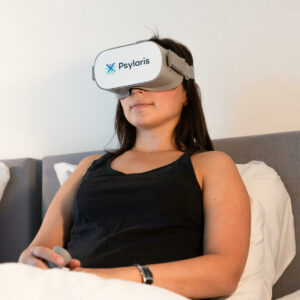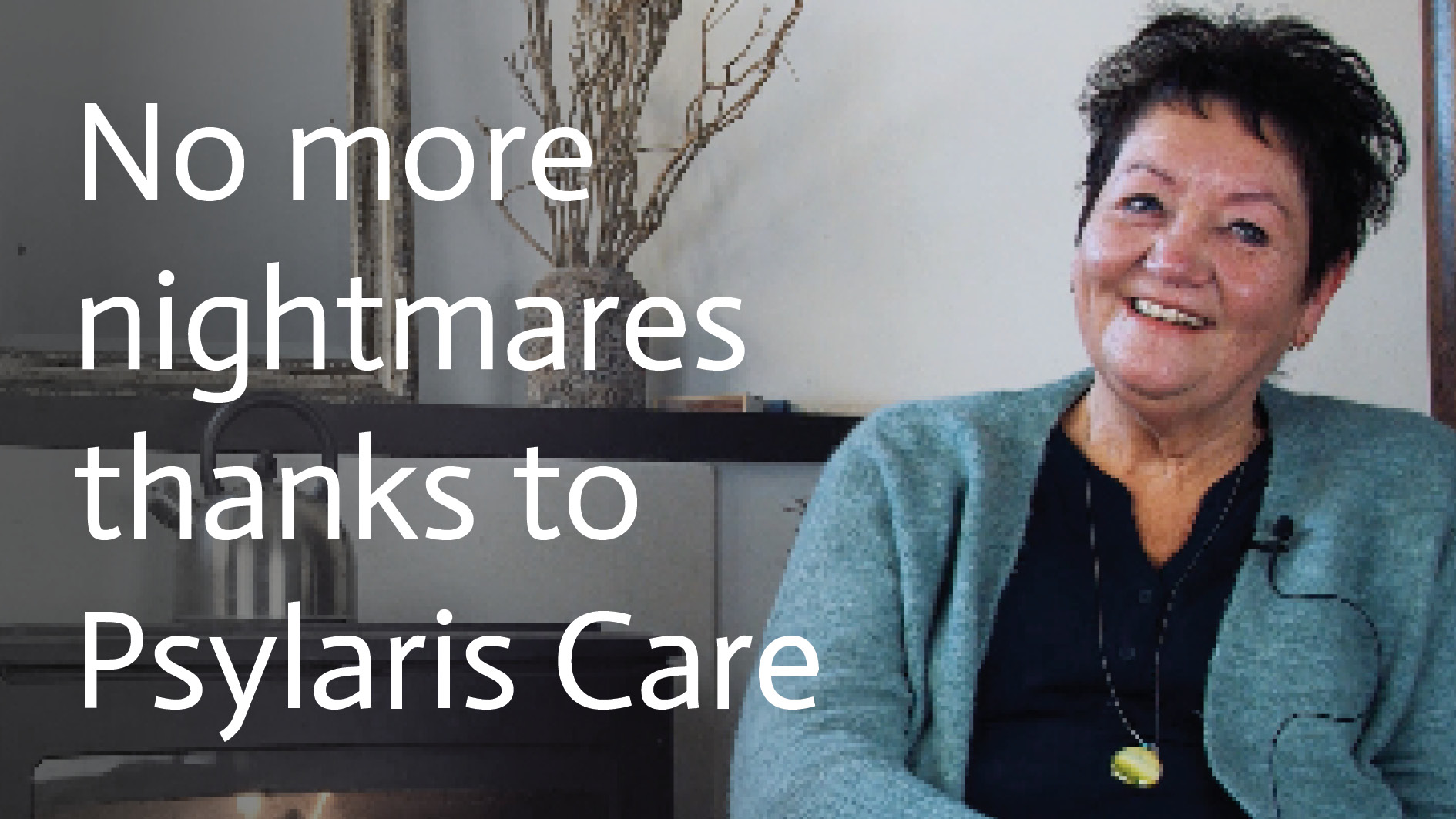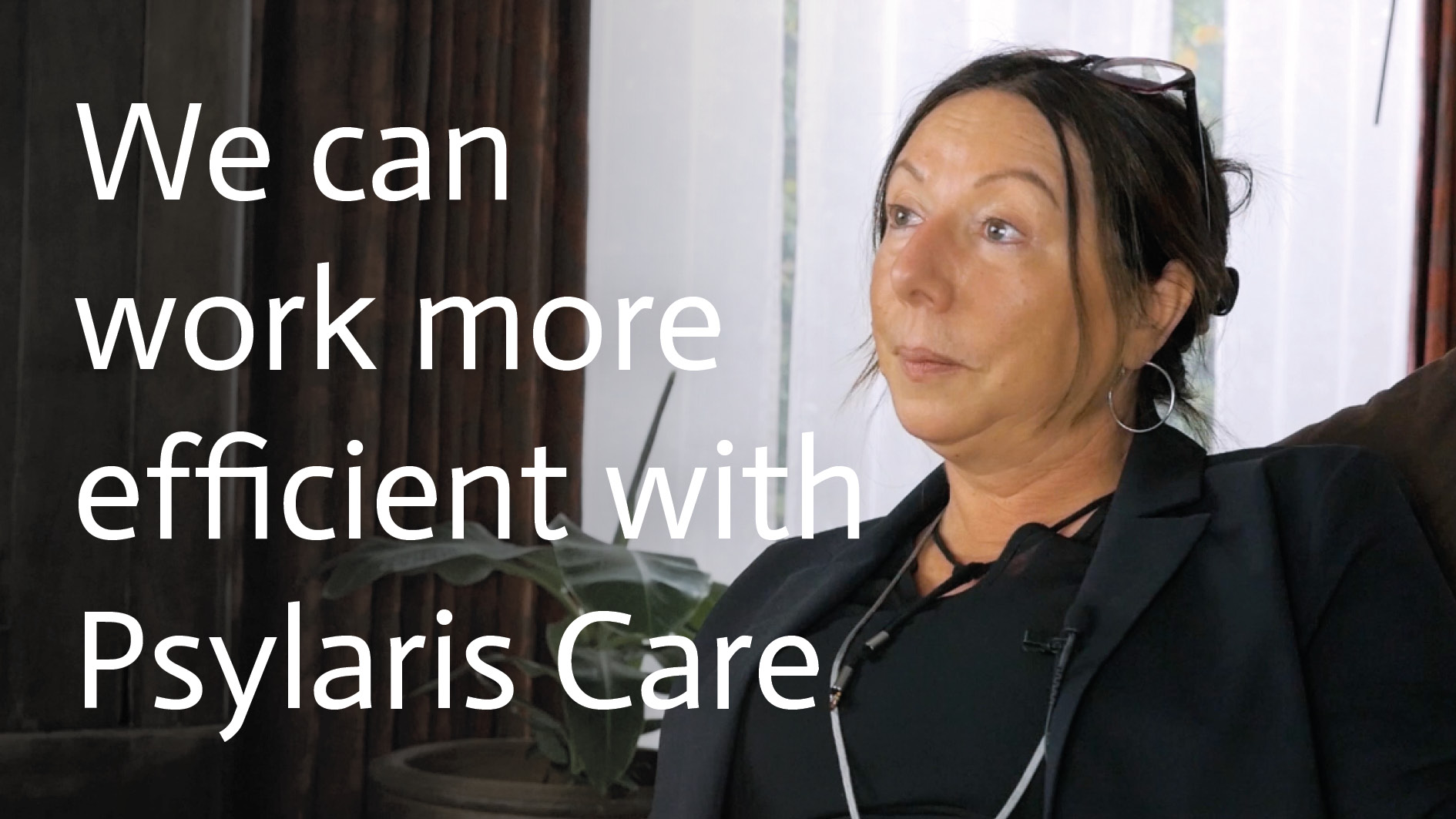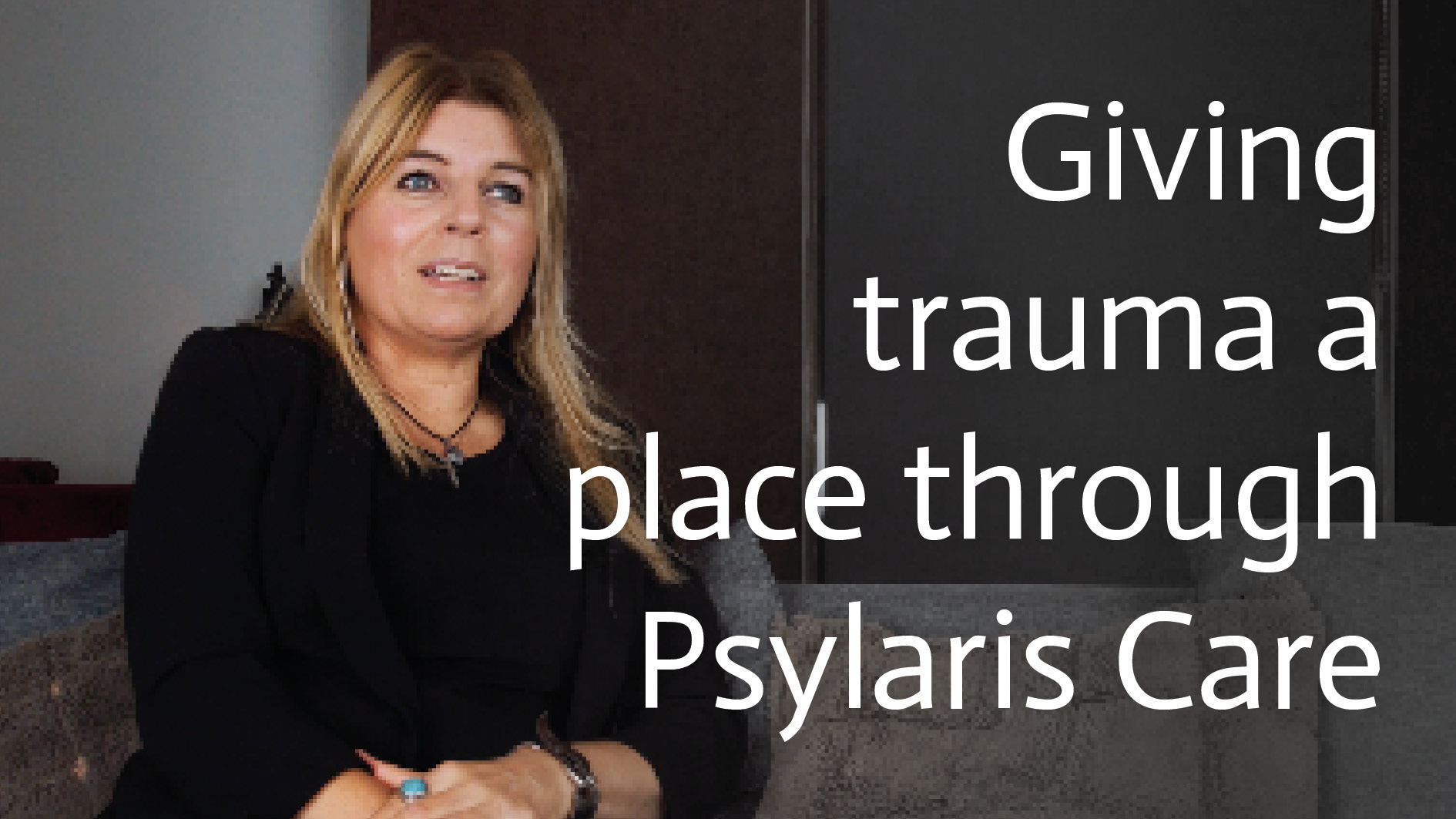It is a well-known problem that healthcare provision in the Netherlands is under severe pressure. This is not a problem that has arisen recently; for years now, it seems there has been increasing pressure on healthcare. Sometimes it seems as if there is no end to the negative reporting on healthcare provision. Yet there is a positive side effect. It creates room to apply new innovations, so that existing problems in care can still be (partly) solved.
What are the biggest bottlenecks in care?
There are several bottlenecks in care that keep coming up. Perhaps the most important are the waiting lists. There are various reasons for this:
- Bureaucracy. Healthcare providers have to spend a relatively large amount of time on their administration.
- Ageing. Older people use much more care and so it is busier.
- Staff shortage. Less attractive profession and also ageing of care staff.
- Lack of efficiency. Working efficiently means being able to treat more clients.
- Lack of money. Healthcare has been the victim of budget cuts for years.
- Decentralisation. In 2015, care tasks were decentralised to the municipalities.
These are some of the causes of waiting lists. But many of these causes are also bottlenecks that create other problems in healthcare. Because these causes have been around for years, traditional solutions do not seem to work sufficiently, so new innovations need to be looked at.
What are the biggest problems in mental healthcare?
The major problems you see in general health care are also seen in mental health care. But there are also more specific problems in mental healthcare. Someone who needs care urgently can get it on time, despite the many waiting lists. Think of a broken arm or leg or appendicitis. Because mental problems are less or not visible, emergency care is not always obvious. Because there are already large waiting lists in the GGZ, emergency cases are not always treated with urgency.
Working efficiently is also a problem in the GGZ. It takes too long before clients can see a psychologist or healthcare provider, and even then only for an intake. The actual treatment can take weeks or months. In addition, there is a big cost problem in the GGZ. Fortunately, the GGZ is a type of healthcare where waiting lists, high costs and inefficiency can be tackled relatively easily with the latest technical innovations.

What can Psylaris do with its products?
The founders of Psylaris are not new to the mental healthcare sector. They themselves come from the mental healthcare sector and have experienced the problems at close quarters. You could say that this has been the stimulus for the establishment of Psylaris. Psylaris focuses on developing products that make the GGZ more efficient and effective. As a result, waiting lists will become shorter in the long run and considerable cost savings can be achieved. In addition, the use of modern techniques almost always results in more efficiency.
Which Psylaris products make mental health care more efficient and effective?
The most eye-catching product and what is literally a major advance in mental healthcare is virtual reality. The basis of VR is the VR-glasses, which completely shut off reality and take you into the virtual world. Psylaris also focuses on GGZ treatments from a distance. This is very convenient for both the practitioner and the client. Treatments cost less time and can be treated more frequently with more effective results.
Psylaris Care
Under Psylaris Care Psylaris is releasing various VR modules for the VR glasses. With EMDR-plus for example, the practitioner has the possibility to give an EMDR treatment through Virtual Reality. The client is literally taken into a distraction, making the therapy even more powerful and effective. Another module concerns exposure therapy via VR. Because exposure therapy is about exposure to the trauma and this can now only be done through VR glasses, you can imagine the time and cost savings. With the relaxation module, you can treat clients with stress. By using the VR application relaxation for 10 minutes, the client already experiences an enormous stress reduction.
EMDR-remote
Because EMDR is a very successful therapy for trauma treatment, Psylaris has EMDR-remote developed. This is a very effective and functional online platform for practitioners. By logging into the platform, you enter a secure environment where you can, among other things, video-call with the client. This is how you give an EMDR session from a distance. Distractions can be solved by selecting digital distraction tasks on the platform. For example, clients who are chained to their homes and have hardly any access to the mental healthcare services, are still successfully treated in their own familiar environment with EMDR-remote.








